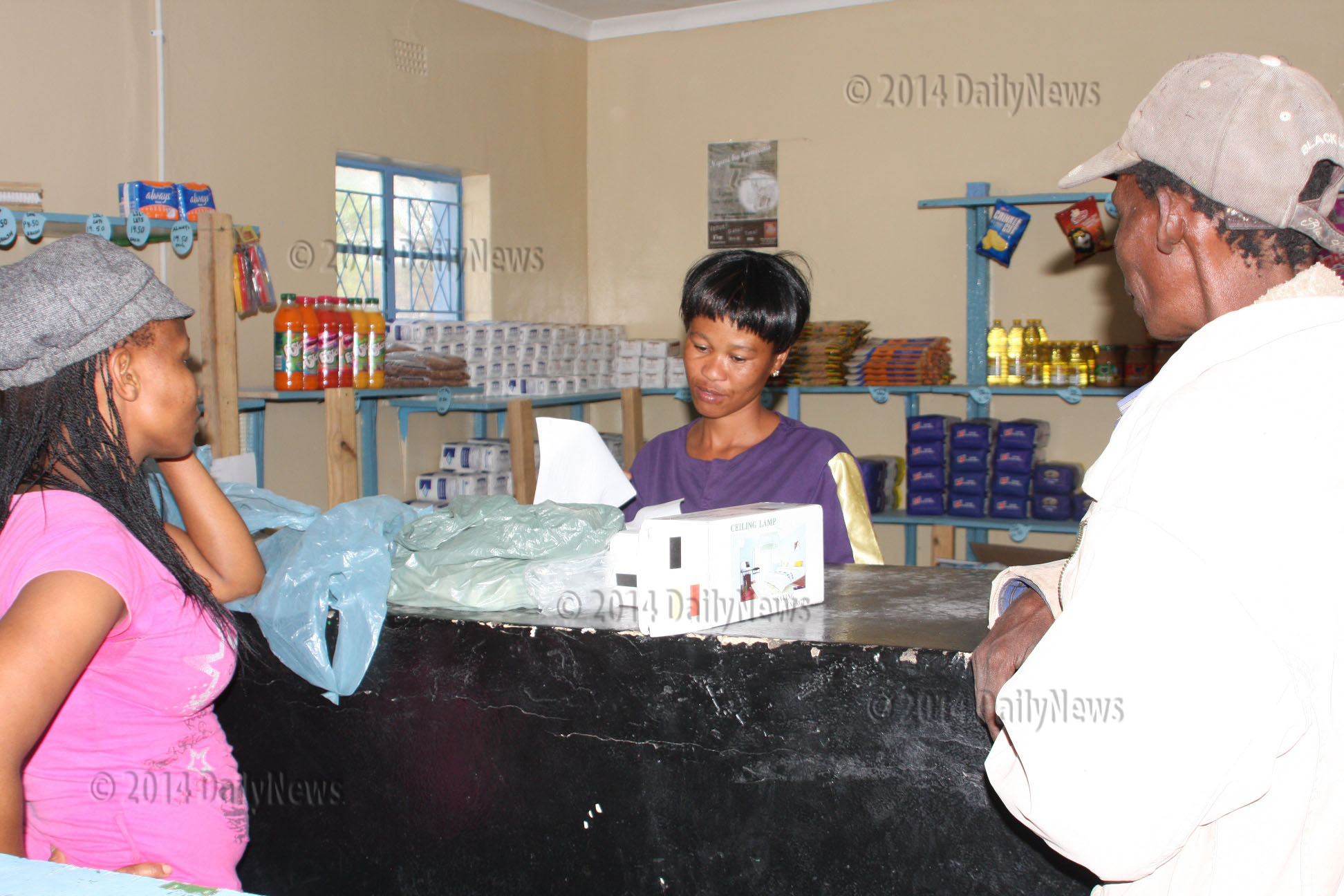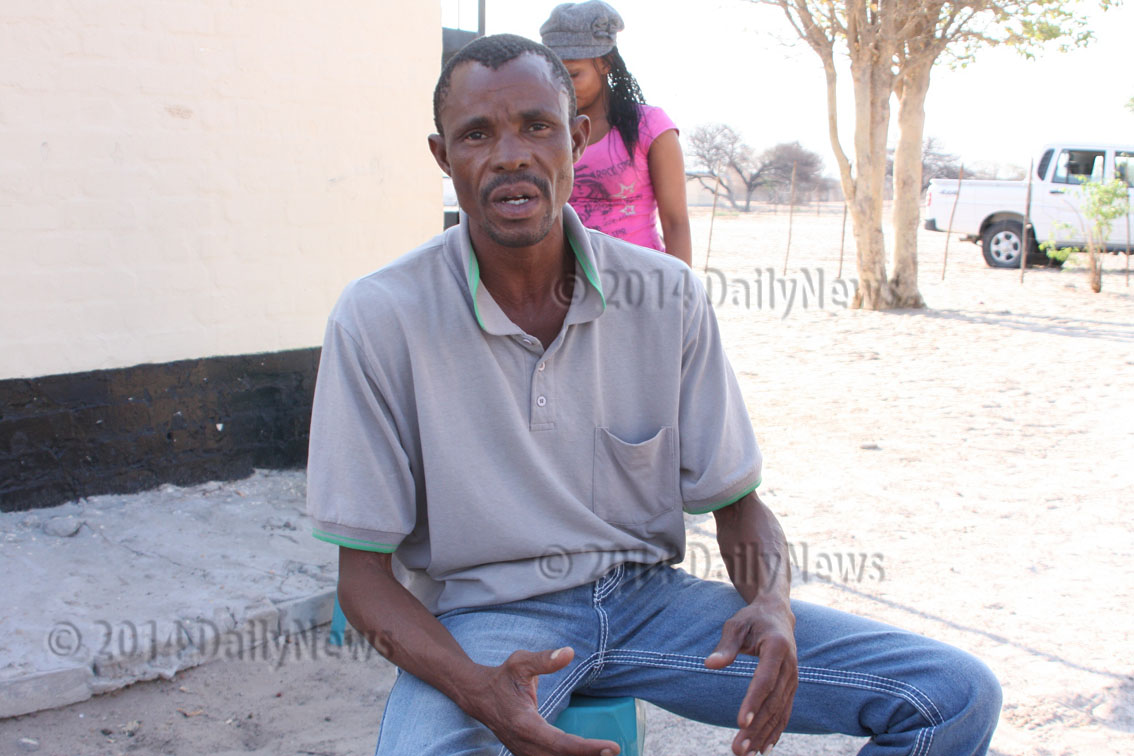East Hanahai Cooperative soldiers on
09 Jan 2014
Once upon a time in Botswana, co-operatives were vital money-making establishments that enriched people’s lives in villages throughout the country.
Co-operatives played a major role in the creation of employment for locals as well as generated profit that was always ploughed back into the communities within which they operated.
Many years down the line, cooperatives, or co-ops, as they used to be known in many villages, have stopped operating and fingers point to poor management and stiff competition from newly established retailers for their collapse.
Though co-operatives collapsed in many villages and places around the country, some are still operational today in some places and remain the economic cornerstones of such places.
The East Hanahai Cooperative, owned by the village community, is one of the few that remain operational to date after it was established through contributions in the early 1980s, according to its chairperson, Mr Keitlhabile Matshologo.
“I am not sure how many people and how much money was eventually raised but I was told that our parents contributed P5 each to start the project early 1980.”
The cooperative was set up because there were no shops at East Hanahai from which to buy food and other goods; as such residents used to travel more than 65 km to Ghanzi on a gravel road. They used vehicles - very few then - or they rode on horses and donkeys backs. They also used donkey carts to purchase food and goods,” he said.
He said horse back and donkey cart journeys were a dangerous in that one could encounter dangerous wild animals such as lions and leopards along the way.
“The elders then setnup the cooperative so that people could purchase what they needed within the village instead of travelling the long and dangerous distance to Ghanzi,” he said.
Mr Matshologo noted that the business has impacted positively on the lives of the residents of East Hanahai, adding that if they have no money to buy food, they can get it on credit at the local cooperative and pay later when they have money.
Further, he said when the village primary school holds an event the cooperative also contributes funds or goods towards the schools initiative.
“When the school runs short of food to feed pupils, the cooperative steps in to aid the school,” he said, adding; “on Independence Day for instance, the cooperative contributes mealie-meal and other items to be used during the celebrations usually held at the village kgotla,” he said.
The leader said the co-op’s growth is positive and that in the near future, they intend diversifying their operations.
Currently they bank the profit they make and pay-off their credit with Trans Oasis Wholesale in Ghanzi regarding the goods they sell.
He said if they could make enough money they intend setting up a poultry project to collect eggs for sale in East and West Hanahai as well as Ghanzi; they will also start keeping broilers to sell chicken meat, he hoped.
Mr Matshologo also noted that since East Hanahai has been connected to the national power grid, they are in the process of preparing themselves to sell pre-paid electricity and airtime. In addition, beneficiaries under government relief programmes will be able to swipe food and other goods they need from the co-op.
Meanwhile, Ms Itumeleng Mothanapo, an employee of the cooperative, said that she started working for the society this year where she earns P750 per month. She said with the income she gains from her work she is able to take care of herself and her family. Another employee, Ms Mmakikong Kikonyane, says she started working at the co-op in 2011 and today she earns P1 000 a month.
She said the cooperative is the only retail shop in the village where people can purchase goods instead of travelling to Ghanzi. She also noted that since she has found employment at the cooperative she has the means to take care of her family In the meantime, government is calling for the revival of cooperatives so that they can play a meaningful role in society as it used to be the case.
The cooperatives are meant to be owned by the communities and expected to contribute towards community development. ENDS
Source : BOPA
Author : Tshepo Mongwa
Location : GHANZI
Event : Interview/business feature
Date : 09 Jan 2014








